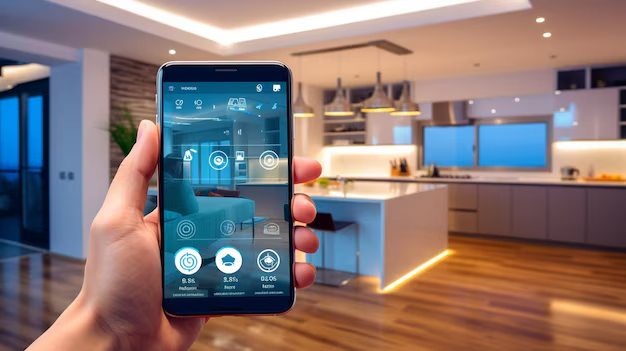Let’s tackle the burning question first: No, hood lights don’t absolutely need to turn off. However, there’s more to consider than just flipping a switch and forgetting about it.
Quick Answers to Your Hood Light Questions
Can you leave the range hood lights on? Yes, you can leave range hood lights on safely. Most modern hood lights use LED bulbs designed for extended use. However, just because you can doesn’t always mean you should.
Do range hood lights use a lot of electricity? Good news – hood lights are typically energy-efficient. Most range hood lights use between 2-5 watts (LED) or 25-40 watts (halogen). Running an LED hood light for 24 hours might cost you only pennies a day.
Is it better to turn off lights or leave them on? For hood lights specifically:
- Turn them off when you’re not in the kitchen for extended periods
- Keep them on if you’re frequently moving in and out of the kitchen
- Consider them as task lighting rather than ambient lighting

Is it okay to leave the stove light on overnight? While it’s generally safe to leave modern hood lights on overnight, it’s not recommended unless you have a specific need (like a dark kitchen pathway). Even efficient LEDs consume some electricity, and there’s no practical benefit to keeping them on when no one’s around.
Common Hood Light Problems and Solutions
1. Flickering Lights
If your hood light flickers, you might face:
- Loose bulb connection
- Dying bulb
- Faulty wiring
- Incompatible dimmer switch
Quick fix: First, ensure the bulb is properly seated. If that doesn’t work, replace the bulb before considering professional help.
2. Sudden Shutoffs
Unexpected shutoffs usually mean:
- Thermal protection kicking in
- Loose connections
- Failed switch
- Power supply issues
3. Dimming Issues
Common causes include:
- Wrong bulb type
- Overloaded circuit
- Aging dimmer switch
Maintenance Tips
- Regular Cleaning
- Wipe hood lights monthly
- Clean the surrounding vent area
- Remove grease buildup
- Bulb Replacement
- Replace bulbs in pairs
- Keep spare bulbs handy
- Match wattage exactly
- Consider upgrading to LEDs
- Safety Checks
- Check for loose connections
- Look for signs of overheating
- Monitor unusual sounds
- Inspect wiring annually
Making Your Hood Lights Last Longer
- Use the Right Bulbs
- Choose hood-rated bulbs
- Match voltage requirements
- Consider heat resistance
- Proper Installation
- Secure connections
- Proper ventilation
- Correct wattage
- Smart Usage
- Use when needed
- Avoid excessive on/off cycling
- Clean regularly
Energy-Saving Tips
- Switch to LEDs
- Last longer
- Use less energy
- Generate less heat
- Smart Controls
- Install motion sensors
- Use timers
- Consider smart switches
- Usage Habits
- Turn it off when leaving
- Use natural light when possible
- Clean regularly for maximum efficiency
When to Call a Professional
Contact an electrician if you notice:
- Burning smells
- Electrical buzzing
- Persistent flickering
- Wiring issues
- Multiple bulbs fail quickly
Bottom Line
While hood lights don’t strictly need to be turned off, managing their use wisely saves energy and extends their life. Think of them as task lighting – use them when you need them and turn them off when you don’t. Modern LED hood lights are efficient enough that leaving them on occasionally won’t break the bank, but developing good habits with your lighting use is always smart.
Remember: When in doubt about electrical issues, always consult a qualified electrician. The small cost of professional help is worth avoiding potential safety hazards.














